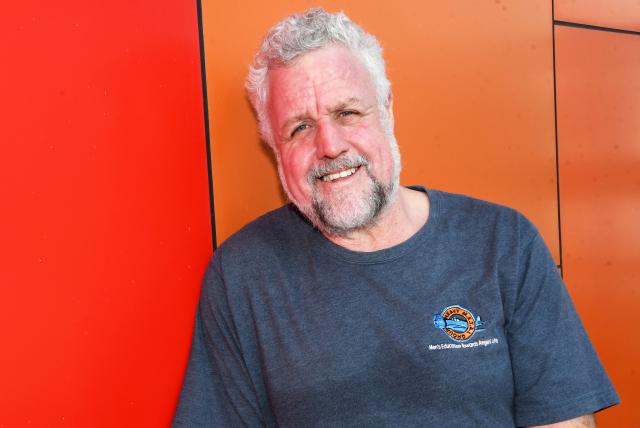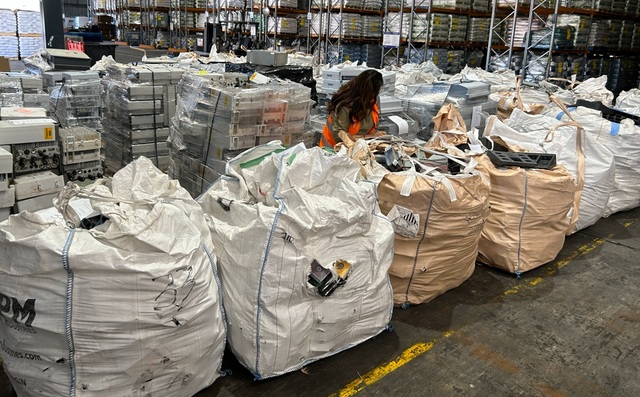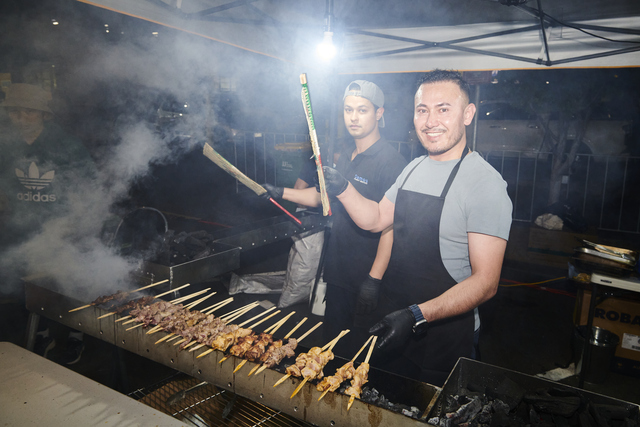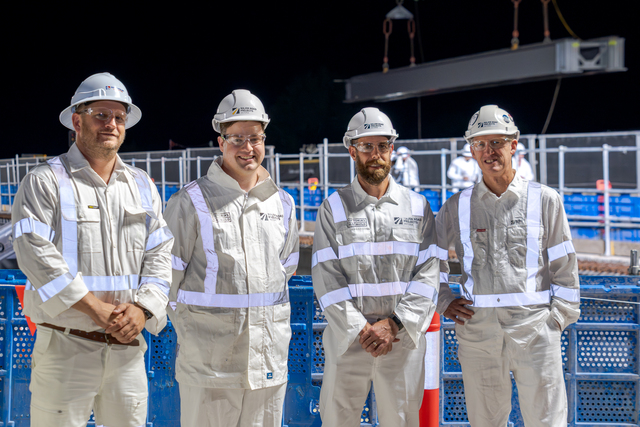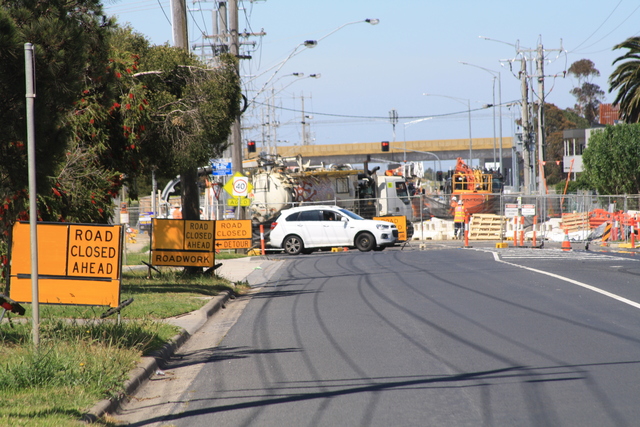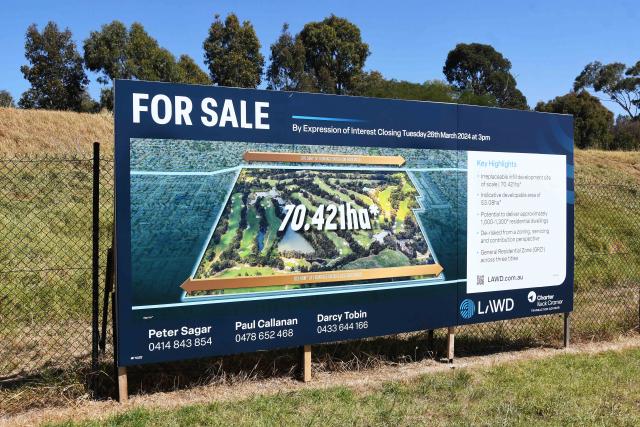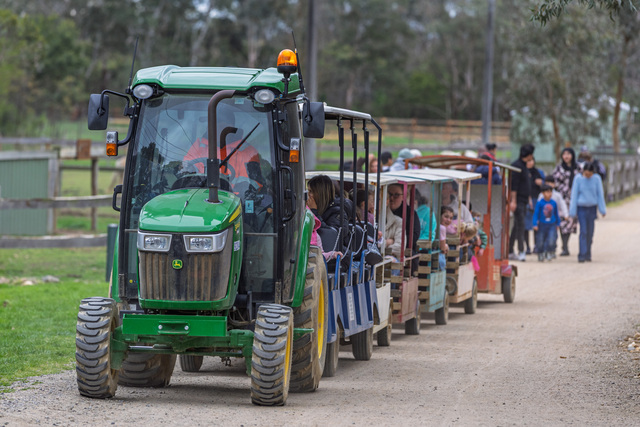The City of Casey has the the highest rate of incidents related to family violence out of all Victorian local government areas, according to recent findings from Victoria Police.
A figure of 5466 incidents has been totalled by the municipality in the year ending March 2024, and over 7500 charges were laid for serious offences across the state in the first six months of the year.
While strangulation and stalking were determined to be the most significant drivers of risk, as well as aggressive pornography, the founder of the Heavy METAL group, David Nugent said that these incidents are the end of the line, and causes of them are rooted in age-long beliefs and standards of masculinity.
“The problem is that the family violence starts a lot earlier and escalates to a point of desperation from the abuser or the perpetrator that is losing power and control,” he said.
Alongside Casey, other LGAs included Cardinia, Frankston, Greater Dandenong and the Mornington Peninsula, all accounting for more than 70 per cent of family violence in the southeast.
Specialising in men’s behavioural change and therapy, a common denominator of his clients’ struggles is accepting vulnerability and the diminishing of self-worth; with the decline of prevalence around foundational acts of masculinity that revolve around provision, protection, dominance and control.
“It’s about misogynistic beliefs, about power and control; you know the woman needs to serve ‘me’, the woman needs to do what ‘I’ say, that’s what we’ve got to looking at shifting,” Mr Nugent said.
The ever-changing scene of modern western societies, progression on the platforms of discussions surrounding gender equality and the lack of necessity for the patriarchal system also play a part, where men who previously strived in those conditions instead find difficulty in the change due to their own set standards.
Foundational and often times misogynistic, Mr Nugent said that men “initially think it’s an anger problem”.
“But as we delve deeper into changing behaviour, it’s about power and control, their insecurities and what they’re trying to achieve with [that] power and control.
“It ties way back to our self-worth and our low self-esteem that we need to have control over others,” he said.
Acronym for Men’s Education Towards Anger and Life, the Heavy METAL group encompasses Mr Nugent’s vision of men being self-aware, acknowledging weakness as a sign and pathway to growth and not as something that should be corralled and walled off.
Speaking on the importance of battling pornography’s unconscious implements, Mr Nugent said that young men and teenage boys are “discovering porn and starting to take that as what intimacy and sex is all about”.
“We’re having discussions with young boys about how wrong [porn] is and how it doesn’t teach young men about intimacy and understanding our partners’ perspective.
“It definitely becomes a form of addiction to the point where they don’t understand that the brain craves more,” he said.
Men who were and are unable to communicate their vulnerabilities have tendencies to instead disperse those feelings of anger and frustration – though not necessarily always – through acts of violence.
“Men are confused and lost and they’re not taught how to express themselves,” Mr Nugent said.
“That’s why in the Heavy METAL program, once we work through breaking the cycle of violence, is that when push comes to shove, these men aren’t in tune with their own emotions and their own feelings.
“[They’ve] been taught that they’re not allowed to express them because expressing them is a sign of weakness.”
Diving into effective communication is a key factor for Mr Nugent, providing men with the ability to respond, not just to their partners but as a general rule, in a way that is non-aggressive or overly passive.
The physical violence is the final point, according to Mr Nugent, but there is a broad spectrum of behaviours that occur beforehand from emotional abuse to coercive and controlling habits.
All of those behaviours are considered to be “a form of violence”, however, it’s not seen as so by men with those tendencies through the belief that “they understand violence is when [they] physically grab her or physically hurt her”.
“What I tell men is that we’ve been taught that to show vulnerability is a sign of weakness, but to be able to embrace vulnerability and sit with it is a sign of strength,” Mr Nugent said.
Toxic masculinity is a prevalent issue ingrained into many men, and a change in behaviour would benefit women, children and men themselves; while also a boon towards mental health, it is a crucial step from officials serving intervention orders to families’ front doors.
“When someone’s been choked or strangled, that’s the far end of the point, [men aren’t] getting what they want,” Mr Nugent said.
Speaking form their point of view, Mr Nugent said it’s as if “’you’re not meeting my needs and I’m losing control, I want to gain control – I want to maintain control in this relationship’”.
While many factors play into family violence, addressing the roots of toxic masculinity and the need to always be in control is a major step that needs to be taken through behavioural change.
Ultimately, early intervention through education and proper assistance is key in tackling long-term problems since after all, “men cannot change in a short time”.
For Mr Nugent and Heavy METAL, it’s about nurturing that progress through years of connection and acceptance with vulnerability, expressing oneself and finding self-worth in traits that do not embed themselves in the toxic aspects of masculinity.
In an emergency, call triple-zero (000). 1800RESPECT (1800 737 732) is available for free, 24 hours a day, 7 days a week to support people impacted by domestic, family or sexual violence.

